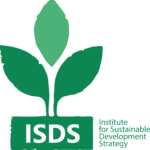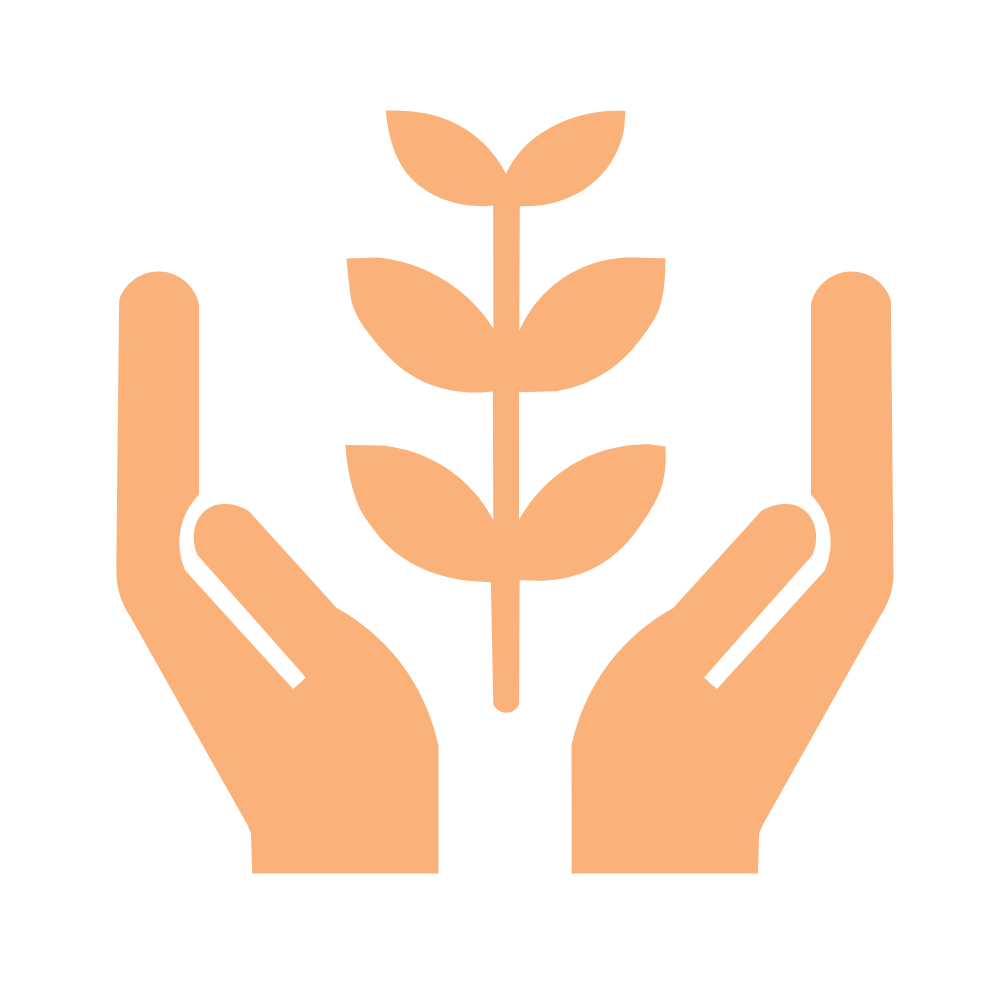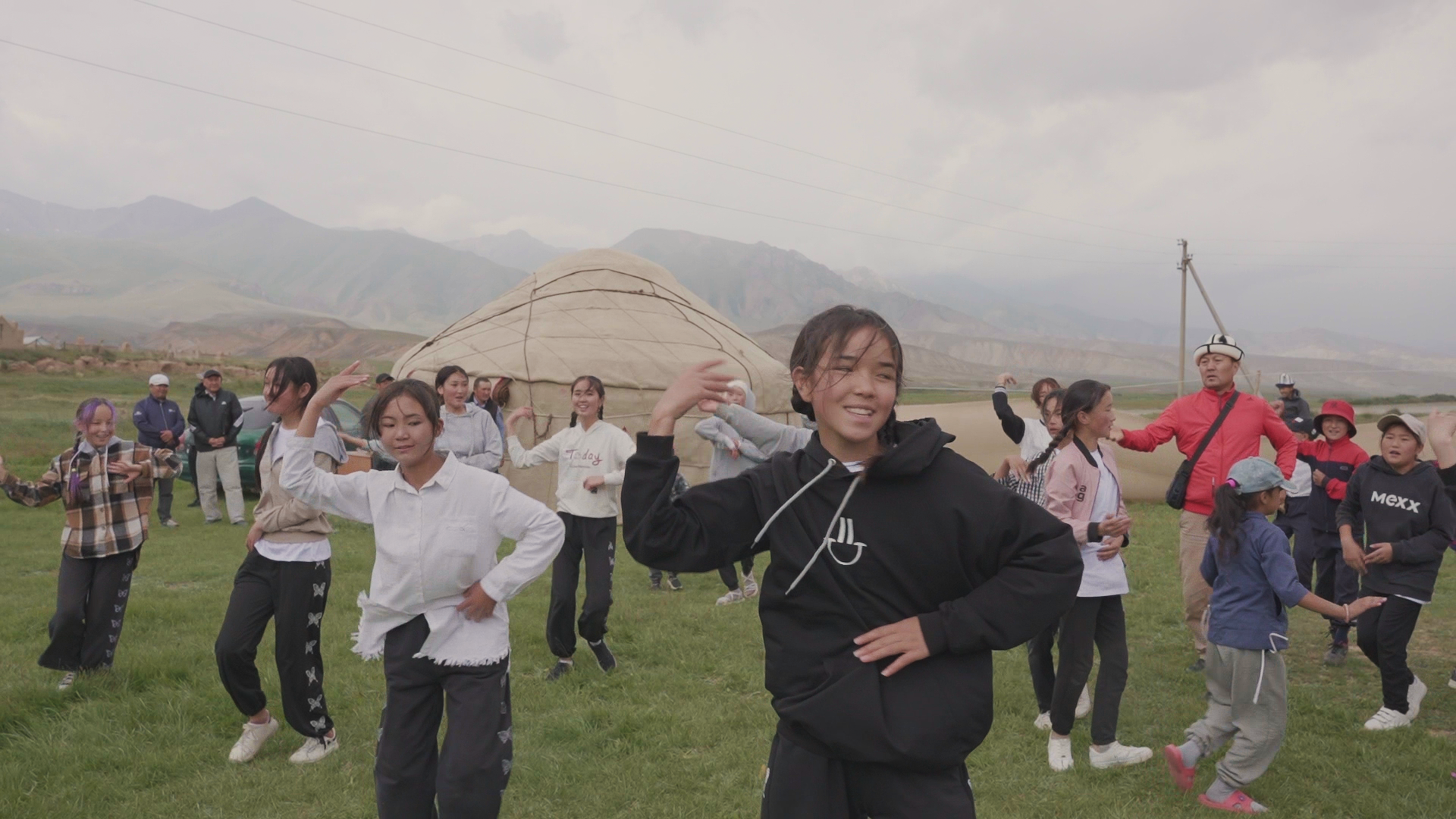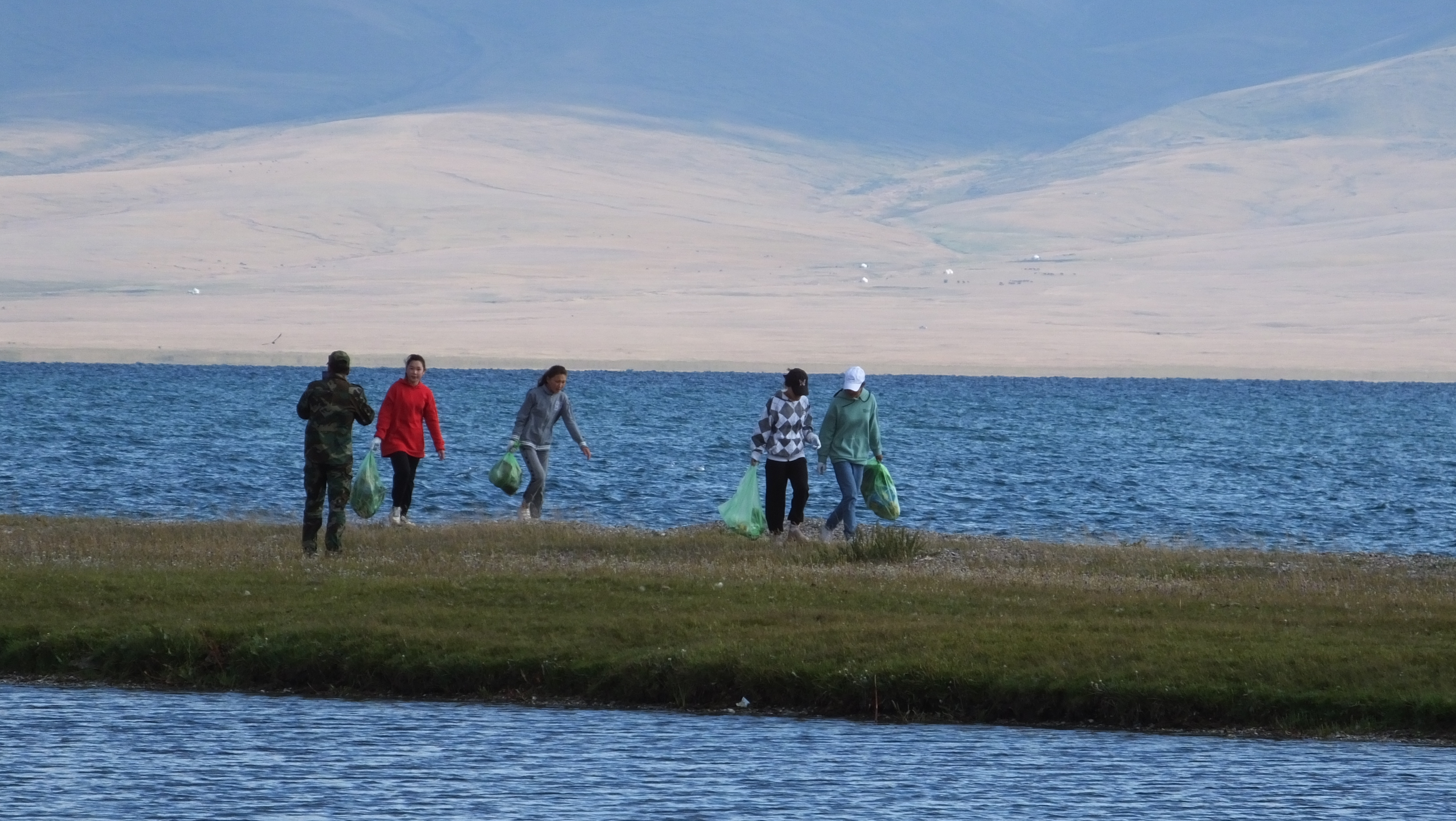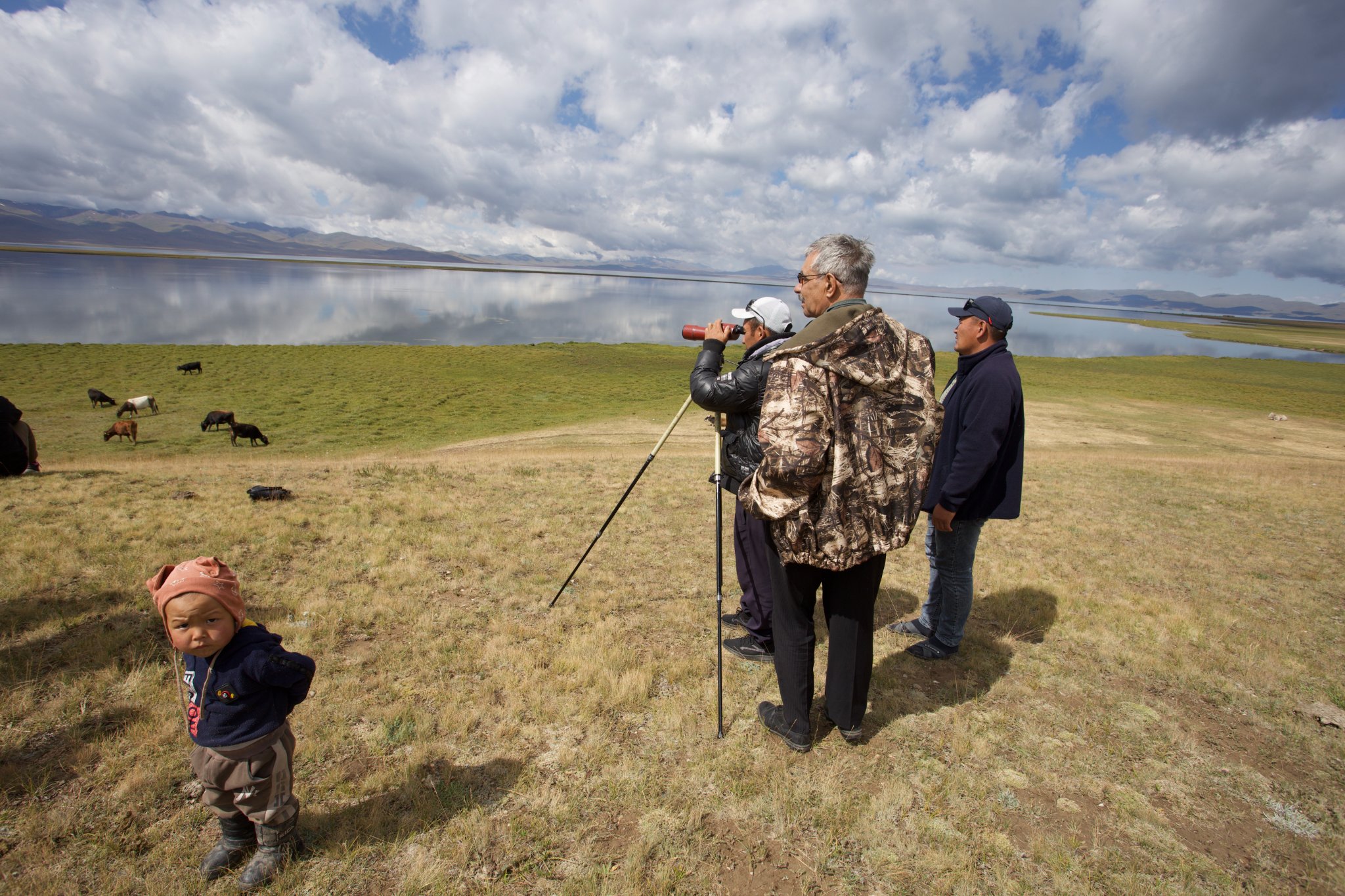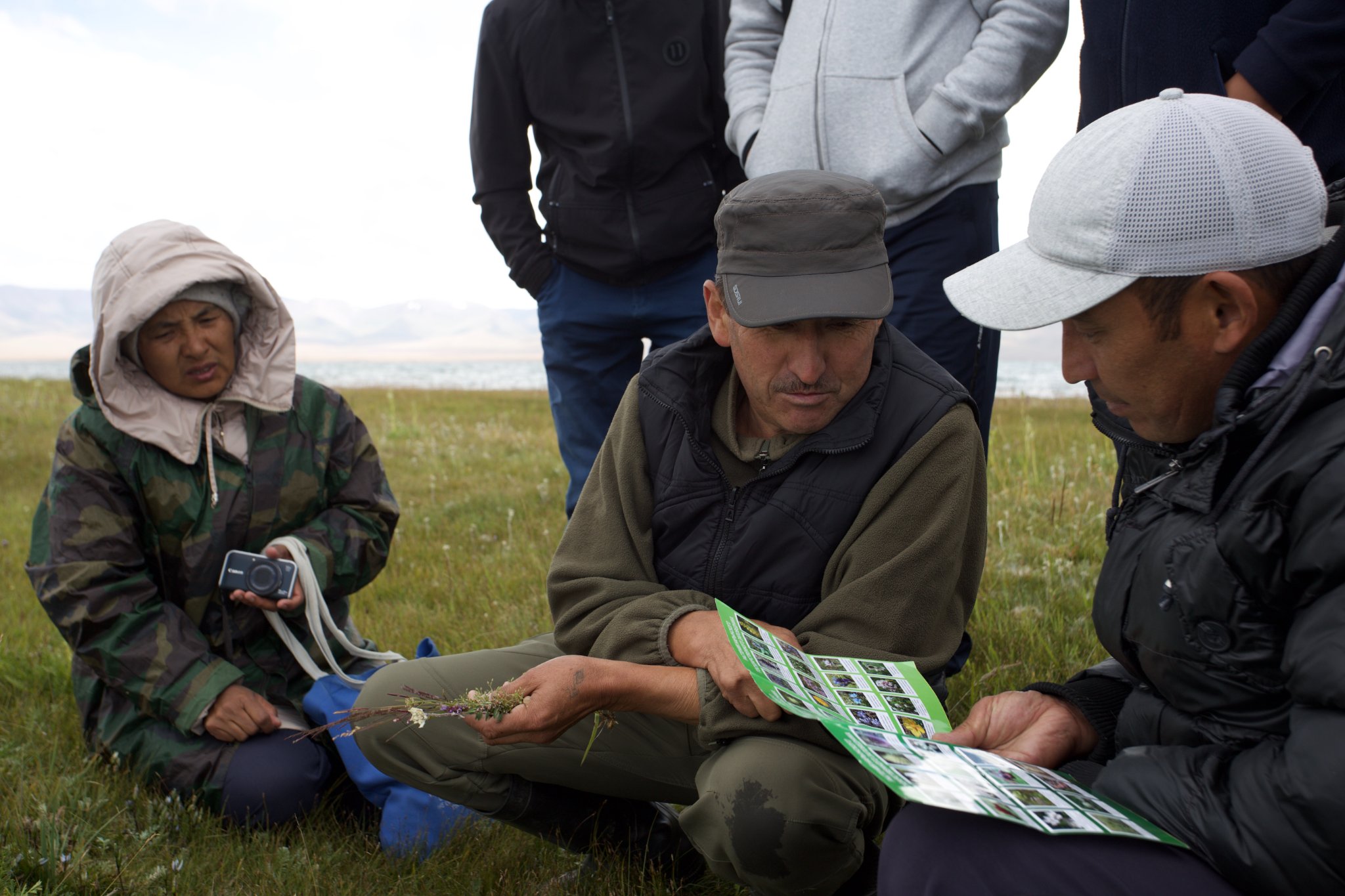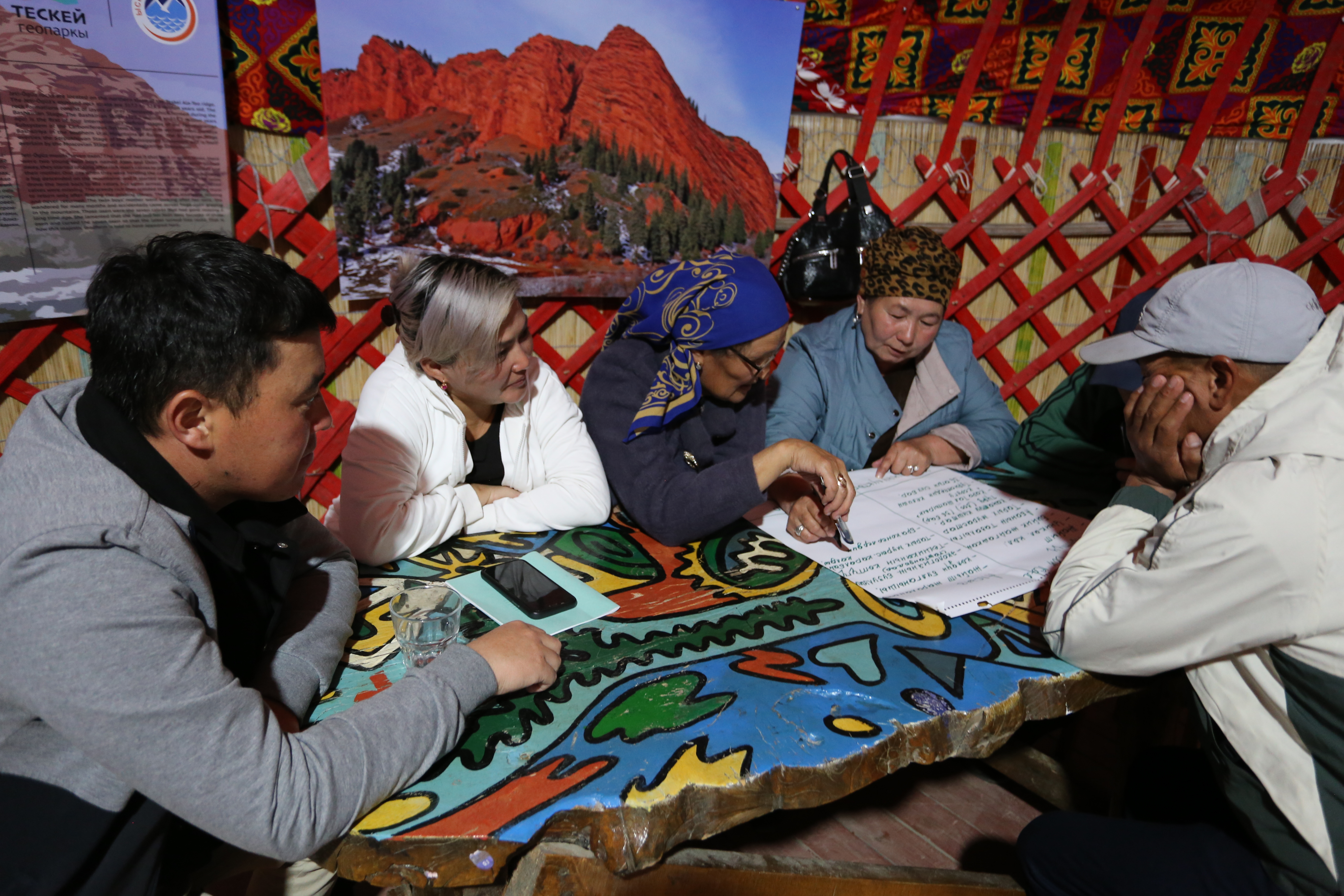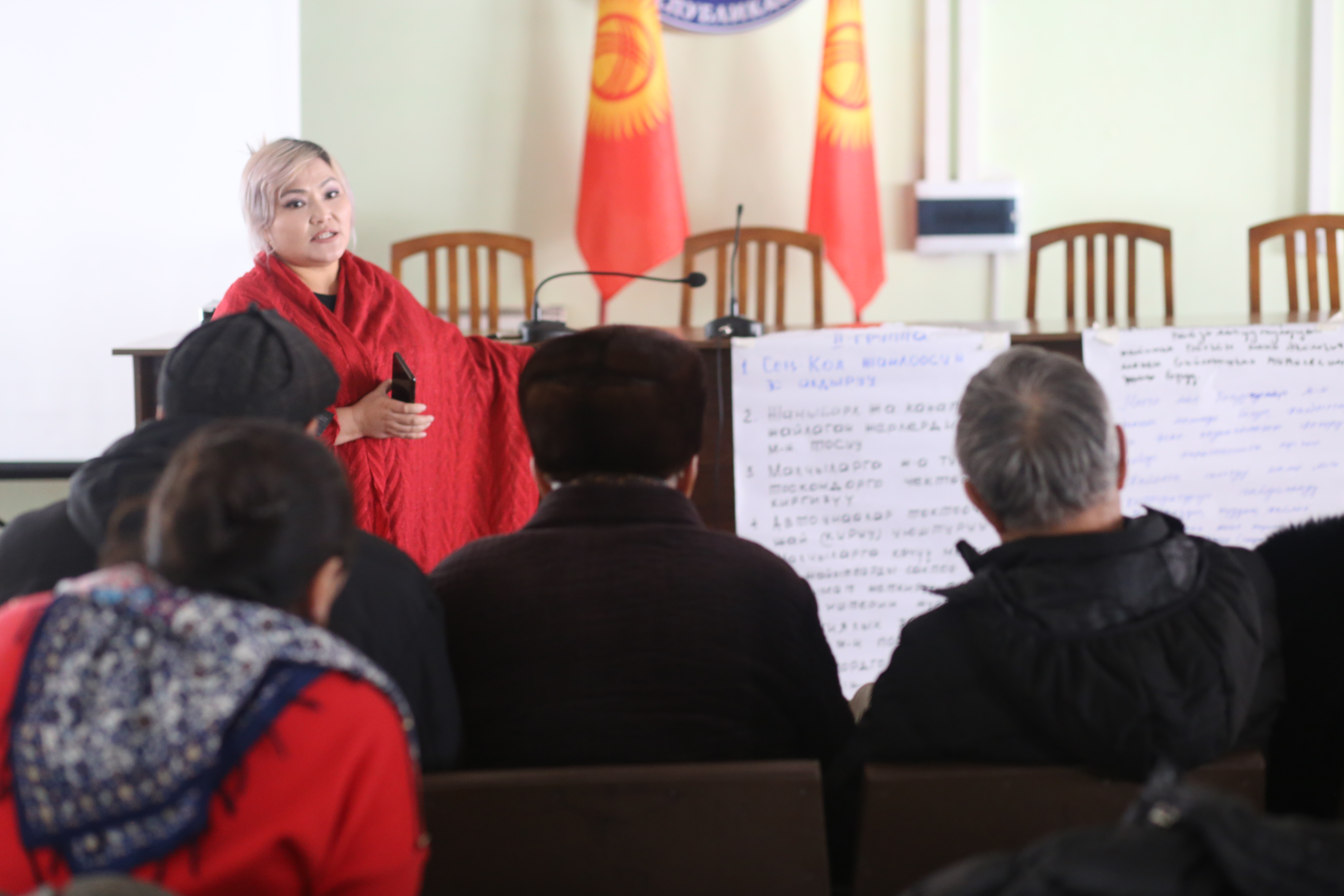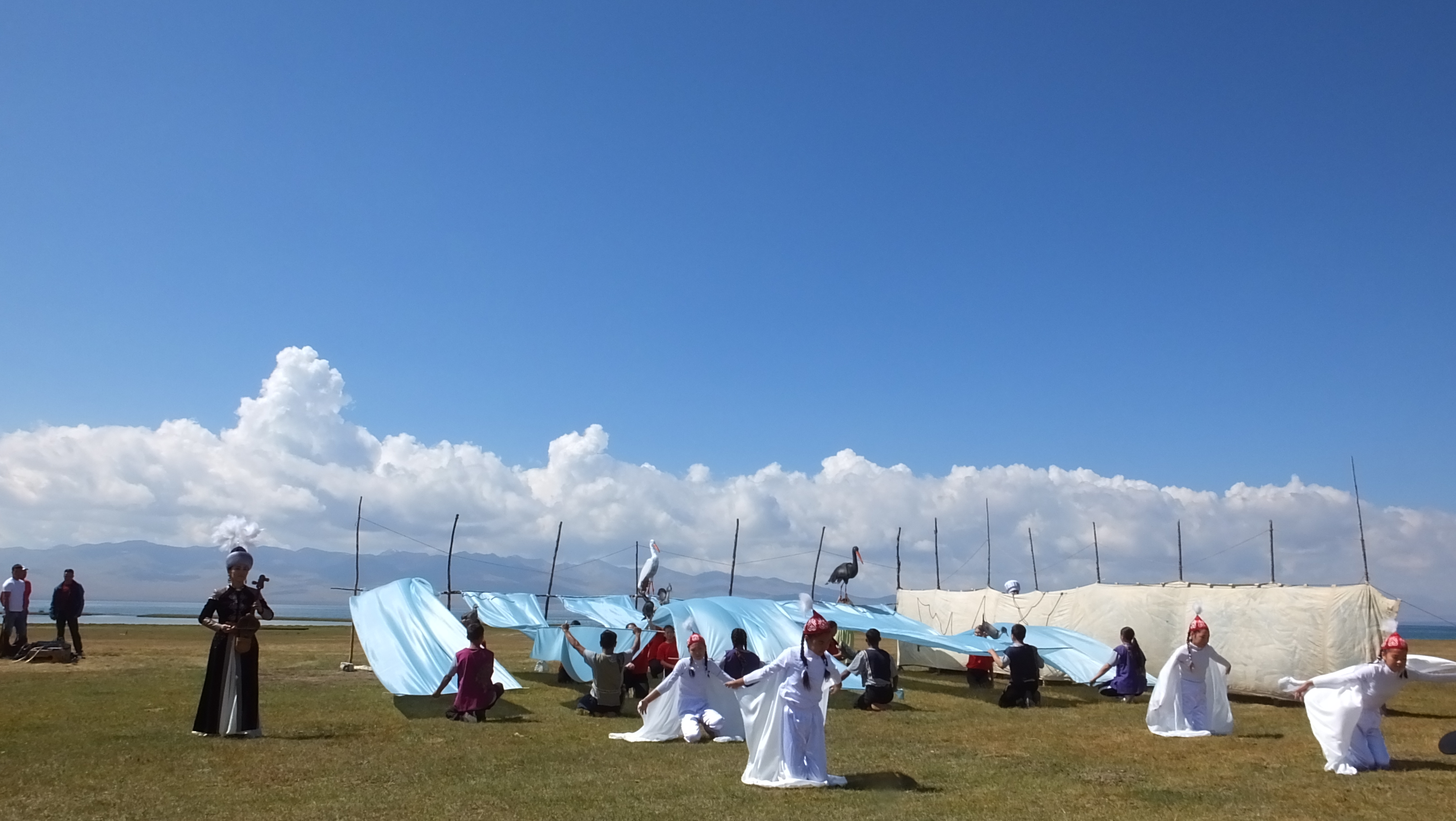The Naryn region is one of the most economically disadvantaged areas in Kyrgyzstan, with over 30% of its local population living below the poverty line. The livelihoods of the local communities heavily rely on natural resources and biodiversity, which makes them particularly vulnerable to climate change and environmental degradation. These communities are already feeling the impacts, facing challenges such as threats to sustainable livelihoods, food security, water availability, and public health due to climate change and biodiversity loss.
Son Kul lake in Naryn, acknowledged as a Ramsar site and an Important Bird and Biodiversity Area (IBA), is crucial not only for Kyrgyzstan, but also for global biodiversity, as it is of great importance as a nesting and summering place for waterfowl. The region is vital for the livelihoods of local communities, as these areas serve as summer pastures for livestock, the primary income source for rural households in Naryn. The lake is under increasing pressure from anthropogenic activities and climate change. Long-term irresponsible resource use and overgrazing have degraded pastures and threatened semi-desert grasslands, endangering soil quality, unique flora, and rare fauna. Ineffective law enforcement and control over human activities, including uncontrolled tourism, also leads to degradation.
The area needs regular environmental monitoring and protection by both state and non-state actors. The participation of NGOs and local populations in policy and decision-making is limited.
Communities struggle to defend their rights and interests, affecting their ability to manage natural resources sustainably. Additionally, a lack of environmental awareness and understanding of the importance of biodiversity and natural landscape conservation among locals hampers the development of a strong foundation for the environmental activism necessary to protect vital ecosystems.
Long-term goal of cooperation
Local communities in northern Kyrgyzstan, especially youth and women, learn how to sustainably govern, protect, and preserve wetland ecosystems of Son-Kul Lake. This knowledge will empower communities to assert their rights and assume control over their environment, fostering the development and preservation of a sustainable and healthy ecosystem.
Main achievements
- Raised awareness of local residents of the importance of the efficient use, management and preservation of natural resources.
- Increased capacity of local communities, including women and youth, to uphold their environmental rights and participate equally in decision-making affecting their livelihoods.
- Heightened decision-makers' awareness of Son-Kul Lake's preservation importance and local community engagement through their active involvement in project events and collaboration with community leaders.
- Increased collaborative efforts between local authorities, state institutions and community members to promote the effective management of the Son-Kul Lake pilot area.
- The organization of the “Son-Kul Birds: Protect the Mountain Goose” Festival aimed to engage the local community and young people in the preservation of Son-Kul Lake.
Related videos
A video about the festival organized by ISDS to get the community and youth involved in preserving Lake Son-Kul’s ecosystem and spreading awareness about challenges to migratory bird habitats.
Explainer clip focused on water scarcity in Central Asia and on local organizations’ efforts, including ISDS, in dealing with this issue.
A clip created by ISDS about the current state of the lake Son-Kul and adjacent territories, as well as about the problems of that area.


